This article was medically reviewed by Lacy Windham, MD and by wikiHow staff writer, Hannah Madden. Lacy Windham, MD, is a Board-Certified Obstetrician & Gynecologist in Cleveland, Tennessee. Dr. Windham attended medical school at the University of Tennessee Health Science Center in Memphis. Her residency was completed at Eastern Virginia Medical School in Norfolk, Virginia. She was the recipient of multiple awards during her residency training, including Most Outstanding Resident in Maternal Fetal Medicine, Most Outstanding Resident in Oncology, Most Outstanding Resident Overall, and Special Award in Minimally Invasive Surgery.
There are 11 references cited in this article, which can be found at the bottom of the page.
wikiHow marks an article as reader-approved once it receives enough positive feedback. In this case, 100% of readers who voted found the article helpful, earning it our reader-approved status.
This article has been viewed 394,570 times.
Do your breasts or nipples feel itchy, irritated, or uncomfortable? Feeling an itchiness in your breasts is a common problem that many of us experience, but that doesn’t make it any more enjoyable! Fortunately, by nailing down the cause of your itchy breasts, you can address the problem and stop the itching for good. Some ways to treat itchy breasts include moisturizing, avoiding certain perfumes, and even changing up your bathing routine. To learn why your breasts and nipples are itchy and how to treat them, read on.
Things You Should Know
- Itchy breasts and nipples are usually caused by non-serious issues, like dry skin, hormonal changes, or detergents.
- Treat your itchy breasts by moisturizing and hydrating your skin with lotion.
- Address any underlying skin conditions, like fungal infections or eczema, to get rid of the itchiness.
- In rare cases, itchy breasts may be a sign of health problems. If you’re concerned, make an appointment with your doctor.
Steps
References
- ↑ https://www.aad.org/public/everyday-care/skin-care-basics/dry/dermatologists-tips-relieve-dry-skin
- ↑ https://my.clevelandclinic.org/health/diseases/4276-skin-fungus
- ↑ https://www.medicoverhospitals.in/symptoms/nipple-itching
- ↑ https://www.toplinemd.com/advanced-surgical-physicians/blog/what-does-it-mean-when-your-nipples-hurt/
- ↑ https://www.mayoclinic.org/diseases-conditions/contact-dermatitis/symptoms-causes/syc-20352742
- ↑ https://www.toplinemd.com/advanced-surgical-physicians/blog/what-does-it-mean-when-your-nipples-hurt/
- ↑ https://my.clevelandclinic.org/health/diseases/21960-breast-eczema
- ↑ https://www.psoriasis.org/inverse-psoriasis/
- ↑ https://www.pennmedicine.org/for-patients-and-visitors/patient-information/conditions-treated-a-to-z/hyperthyroidism-overactive-thyroid
- ↑ https://www.aad.org/public/everyday-care/itchy-skin/itch-relief/relieve-uncontrollably-itchy-skin
- ↑ https://www.cancer.gov/types/breast/paget-breast-fact-sheet
- ↑ https://www.cancer.org/cancer/breast-cancer/understanding-a-breast-cancer-diagnosis/types-of-breast-cancer/inflammatory-breast-cancer.html
About This Article
While having itchy breasts can be annoying, you can find relief by moisturizing and protecting your skin. If your breasts are itchy from dry skin, apply a moisturizing product to the area that contains glycerin, urea, lactic acid, or lactate salts. For a cheap and effective moisturizer, try using petroleum jelly. Since sunlight and harsh chemicals also dry out the skin, try wearing clothes that cover your breasts. Stick to soft, breathable fabrics, like cotton, as these are less likely to irritate your skin. When showering, consider using soap on your breasts only every 2 or 3 days to keep your skin from drying out. For more tips from our Medical co-author, like how to treat itchiness caused by a fungal infection, scroll down.
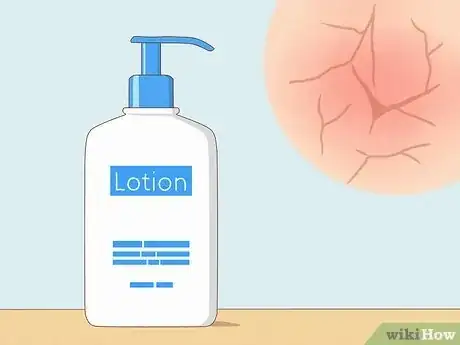
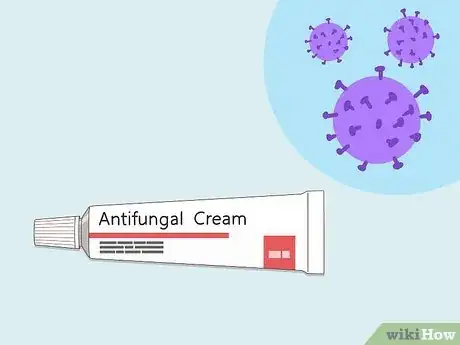
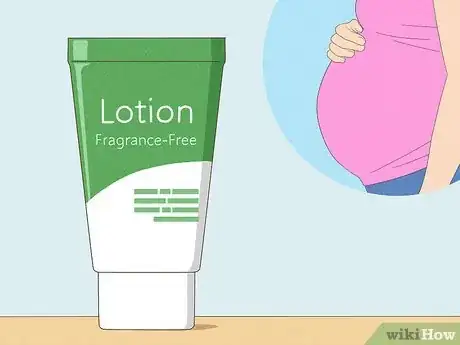
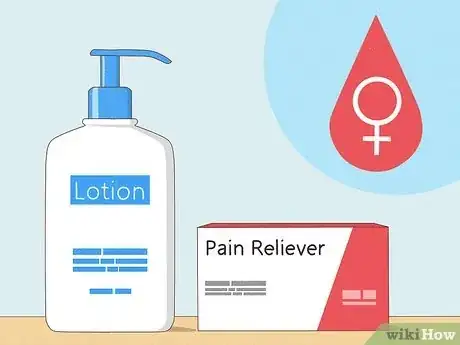
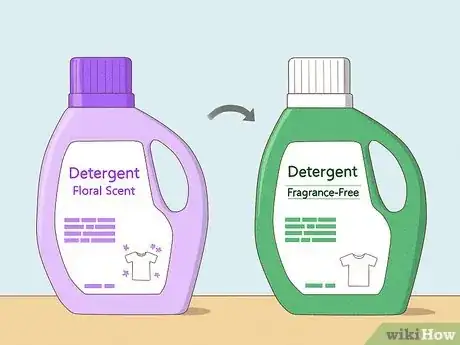
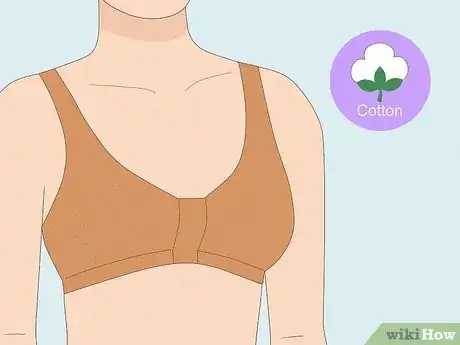
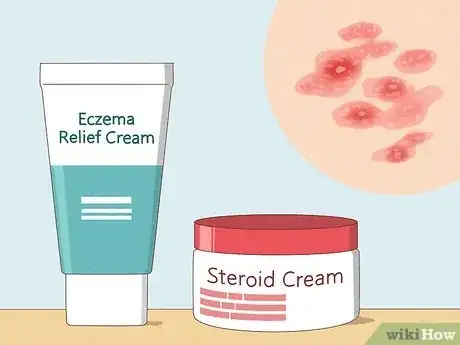
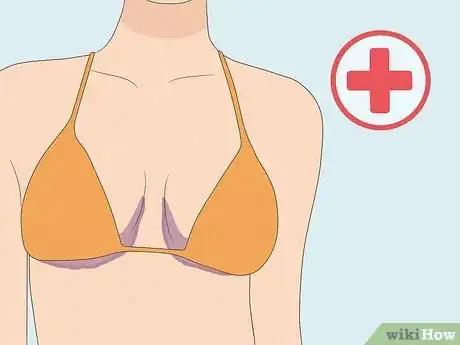
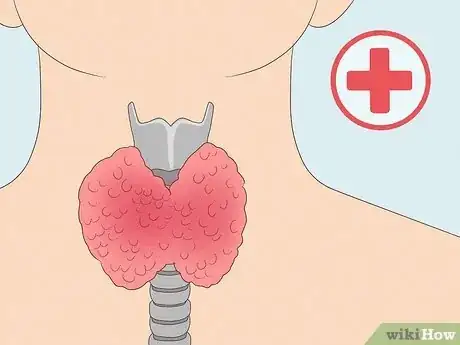
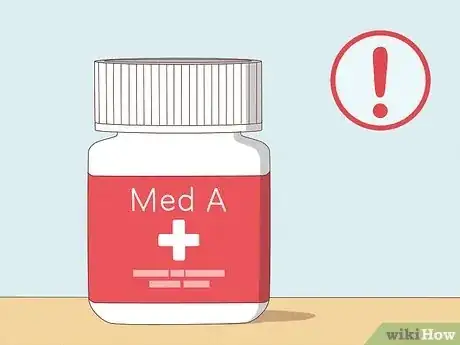
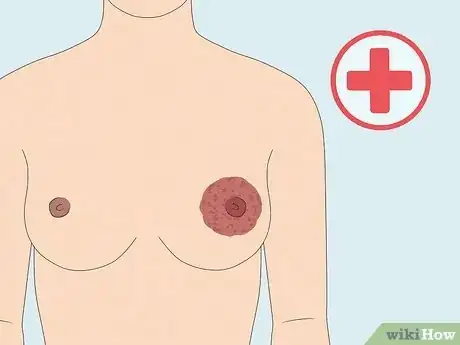
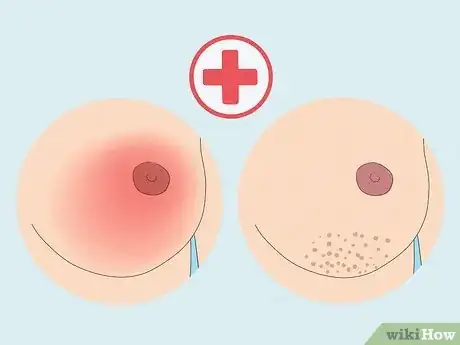


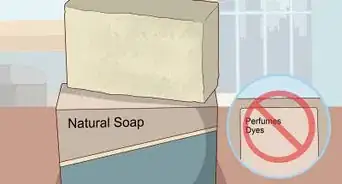
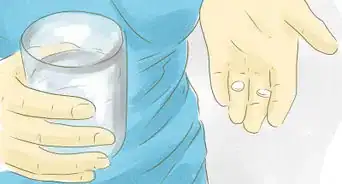
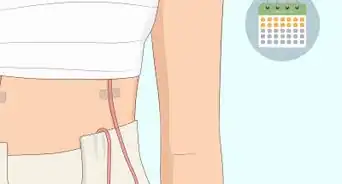
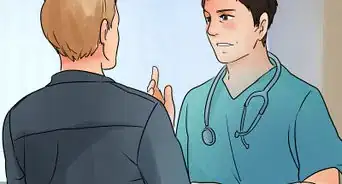
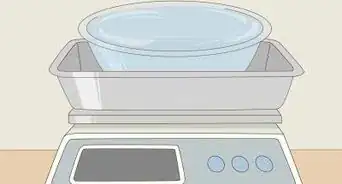
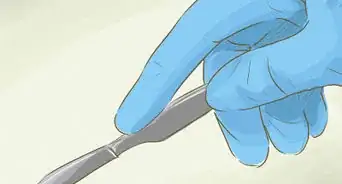


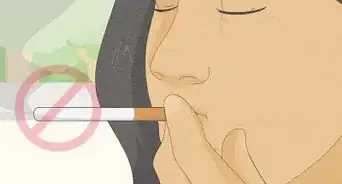

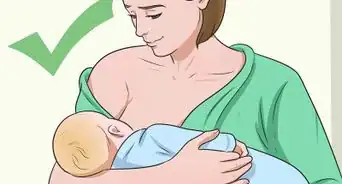
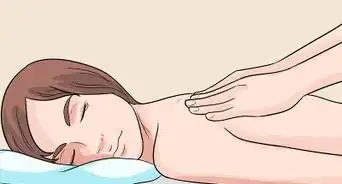











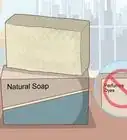
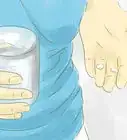



































Medical Disclaimer
The content of this article is not intended to be a substitute for professional medical advice, examination, diagnosis, or treatment. You should always contact your doctor or other qualified healthcare professional before starting, changing, or stopping any kind of health treatment.
Read More...